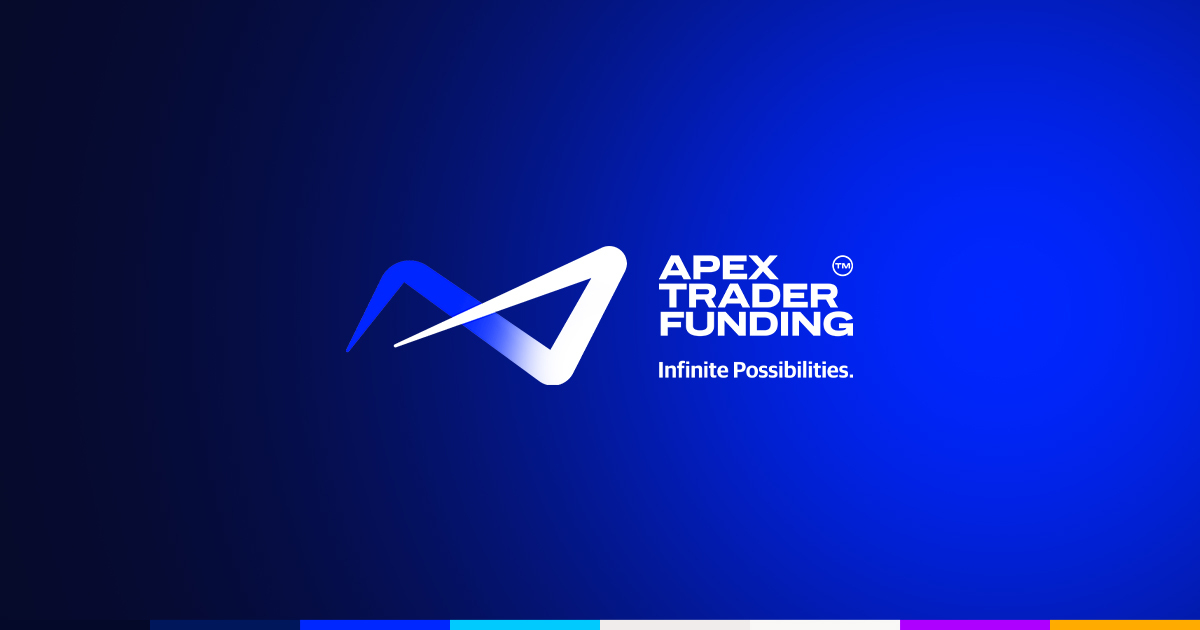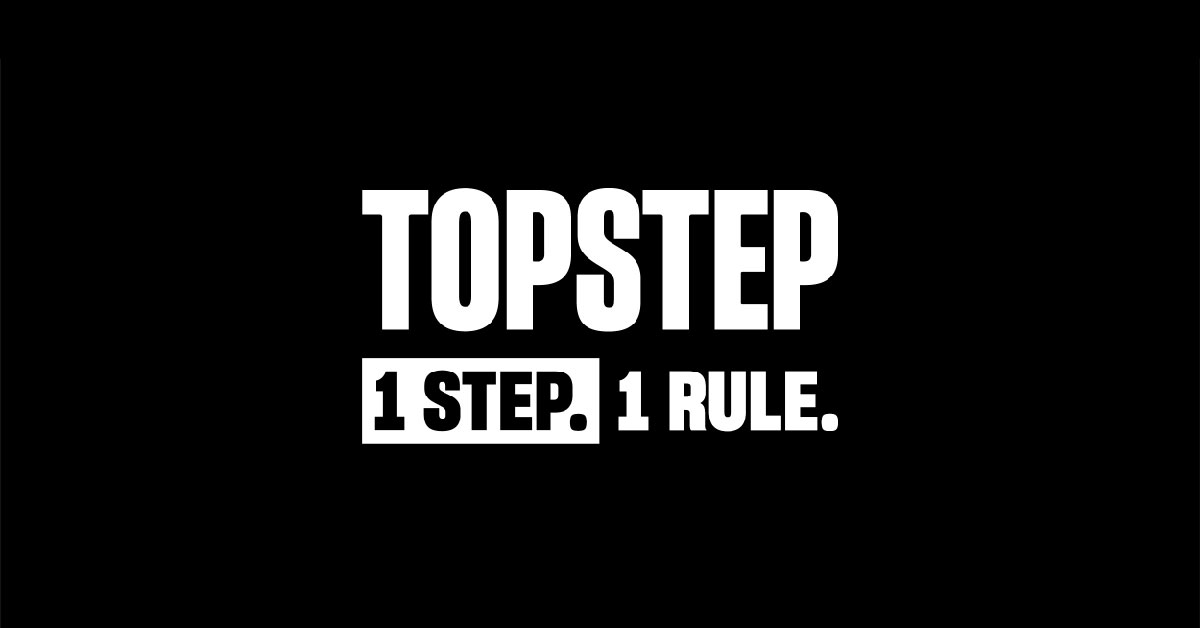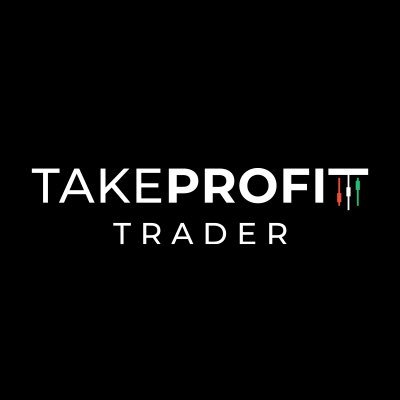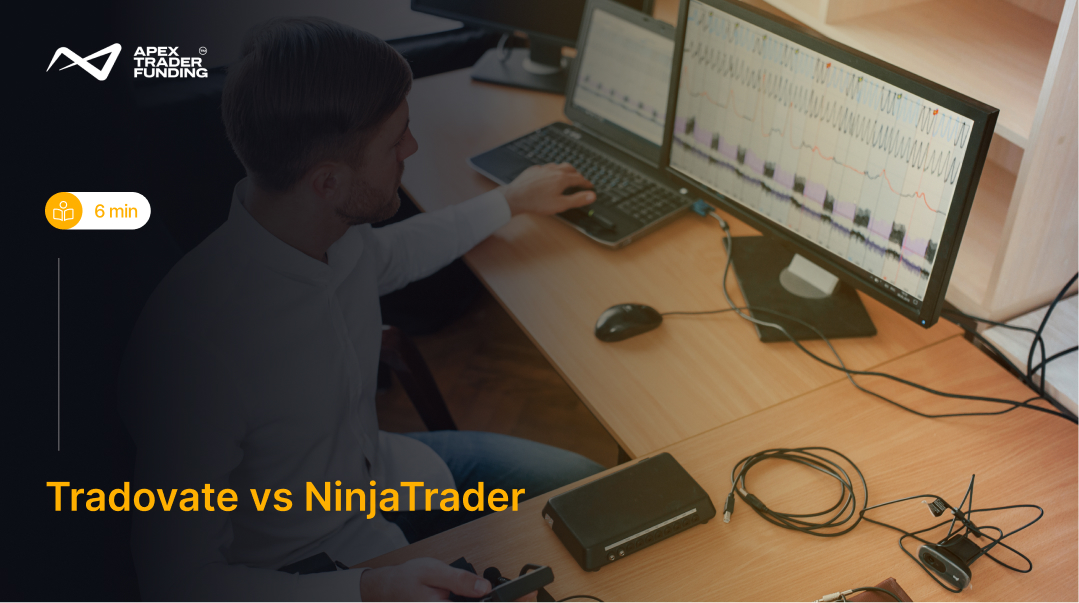
trading-tools-resources | 14-11-25
For traders in New Zealand, the rise of remote proprietary trading firms has opened global opportunities in the U.S. Futures market. Unlike traditional brokers, prop firms fund traders with virtual capital once they pass an evaluation, allowing individuals to trade professionally without tying up personal savings.
The key to choosing the right firm isn’t geography but compatibility—finding one whose rules, payout policies, and drawdown systems align with your trading rhythm. Since most top-tier futures prop firms operate online and accept international traders, New Zealand participants can access the same funding pathways as traders in the U.S. or Europe.
Below are the seven best prop trading firms for futures traders in New Zealand, chosen for their credibility, flexibility, and trader-friendly funding structures.
Top 7 Futures Prop Trading Firms for New Zealand Traders
“Access to Capital is no longer confined by borders; the right prop firm turns skill into opportunity, no matter where you trade from.”
1. Apex Trader Funding — Flexible Funding for Active New Zealand Traders

Apex Trader Funding continues to lead among global futures prop firms thanks to its simplicity and high trader freedom. Its no daily drawdown policy on funded accounts allows traders to stay in the game even during intraday volatility—a major plus for New Zealanders trading the U.S. session late at night.
Key Highlights:
- 1-Step Evaluation makes funding fast and straightforward.
- Traders can trade the maximum contract size right after funding—no scaling required.
- Trailing threshold system provides safety while allowing flexibility to recover during active sessions.
For New Zealand traders balancing time zones and market movement, Apex’s approach eliminates premature stop-outs and encourages confident execution during peak volatility.
2. Topstep — Structured Discipline and Industry Trust

Topstep remains one of the most reputable names in futures funding, built on a decade of credibility. Its 2-Step Trading Combine replicates professional risk management standards, training traders to perform consistently rather than chase profits.
Key Highlights:
- Transparent rules with clear daily and end-of-day drawdown limits.
- Integrated education, analytics, and performance coaching.
- Long track record of reliable payouts and trader support.
For traders in New Zealand seeking structure and discipline, Topstep delivers a stable, rule-based path that mirrors institutional expectations—ideal for developing professional habits over time.
3. Earn2Trade — Education First, Growth Second
Earn2Trade bridges the gap between trading education and live performance. Its Trader Career Path program allows gradual capital growth from $25K to $400K, combining learning resources with practical skill-building.
Key Highlights:
- Includes full educational access and trading mentorship.
- Offers fixed or trailing drawdown models for flexible risk control.
- Provides access to journaling tools such as Journalytix for trade analytics.
For New Zealand traders outside major U.S. trading hubs, Earn2Trade’s remote education model offers structured progress and clear advancement milestones—perfect for those seeking both funding and development.
4. MyFundedFutures — Simple Rules and High Payouts

MyFundedFutures focuses on speed, transparency, and straightforward rules. Its 1-Step Evaluation model allows traders to reach funding faster while maintaining competitive profit splits.
Key Highlights:
- Choice of Trailing or End-of-Day Drawdown options.
- Straightforward payout structure with up to 90/10 split.
- No hidden restrictions—clear, simple trading terms.
For New Zealand traders managing time-zone differences, MyFundedFutures offers predictable rules and quick decision-making, letting them focus purely on strategy execution.
5. Take Profit Trader — Fast Payouts, Minimal Rules

Take Profit Trader’s model is built for traders who value speed and simplicity. There’s no long waiting period for withdrawals, and evaluation steps are limited to one quick phase.
Key Highlights:
- No minimum trading days before payout eligibility.
- Rapid profit-processing timeline.
- Clear rules and low operational complexity.
This firm is ideal for active New Zealand traders seeking frequent payouts and low-stress funding conditions without long-term rule tracking.
6. FundedNext Futures — Cost-Efficient and Flexible

FundedNext Futures attracts traders with its one-time-fee evaluation structure, removing recurring monthly costs. It also allows news trading, which can be particularly advantageous for traders in New Zealand who trade around major U.S. economic announcements overnight.
Key Highlights:
- One-time fee instead of monthly subscription.
- No activation or reset charges after funding.
- News trading permitted, allowing active participation in volatile events.
This setup makes FundedNext Futures appealing for self-directed traders who want freedom to execute high-impact strategies within controlled limits.
7. Elite Trader Funding (ETF) — Diverse Options for Every Strategy
Elite Trader Funding offers multiple evaluation styles and custom drawdown models, catering to both scalpers and swing traders. The variety allows New Zealand traders to tailor their funded account to their personal risk preference.
Key Highlights:
- “No Scaling” evaluation options available.
- Fixed (Static) and Trailing Drawdown choices.
- Large range of account types for different experience levels.
For New Zealand traders who value control and variety, ETF offers a dynamic way to test and refine strategies without a one-size-fits-all rule set.
Trading Across Time Zones: The New Zealand Edge
For traders in New Zealand, the futures market’s 23-hour cycle aligns perfectly with local time. The American trading day opens late in the evening (NZ time) and continues through the night—offering access to the highest liquidity and volatility periods. This timing allows many New Zealand traders to participate in key sessions after their regular work hours, creating an ideal balance between lifestyle and opportunity.
Remote prop firms enhance this advantage by providing global access through leading trading platforms. With a stable internet connection and a compatible platform, a New Zealand trader can operate as efficiently as a professional in Chicago, London, or Singapore.
Below is a quick overview of the supported trading platforms for each prop firm, helping traders identify which software ecosystem best suits their workflow and preferences.
“The best traders don’t just master strategy—they master their tools. A reliable platform turns market volatility into opportunity.”
For most funded traders, NinjaTrader and Tradovate are the most versatile platforms, offering deep order flow visibility, customizable charting, and seamless integration with prop firm data feeds. WealthCharts provides an all-in-one, browser-based trading environment with powerful analytics and intuitive visualization tools—ideal for traders who prefer a modern, cloud-driven interface. TradingView remains popular for its web-based convenience and cross-device access, while Rithmic connections are preferred for ultra-low-latency execution.
Final Thoughts
The best prop firm for New Zealand traders ultimately depends on personality and preference. Some traders prefer flexible funding models like Apex Trader Funding, while others value structure and reputation through Topstep or Earn2Trade. New Zealand’s position in the global time cycle gives local traders a unique edge—they can trade both the U.S. and Asian sessions efficiently.
Ready to start your funded trading journey?
Explore Apex Trader Funding for flexible evaluations, or begin with a $25K Tradovate Account or $25K Rithmic Account.
Use code “Copy” to avail the current discounts available.
FAQs
Yes. In New Zealand, day traders are generally required to pay tax on trading profits because the Inland Revenue Department (IRD) views active trading as income-generating activity rather than passive investment. Profits are typically treated as taxable income, while losses may be deductible if trading is conducted as a business. It’s best to keep detailed trading records and consult a tax professional familiar with financial markets to ensure compliance with IRD rules.
Trader income in New Zealand varies widely based on experience, capital, and strategy. Independent or retail traders might earn anywhere from a few hundred to several thousand NZD per month, while professional or funded traders can make significantly more depending on consistency and leverage. Trading income is not guaranteed and depends heavily on skill, risk management, and market conditions.
Related Blogs

trading-tools-resources | 28-08-25
How to Pass a Funded Trading Account? A Guide for 2026
Passing a funded trading account is often seen as the gateway to trading larger capital without risking personal savings. Yet many...
Read more
trading-tools-resources | 02-09-25
Apex Trader Funding vs Topstep - Detailed Comparison
Apex vs. Topstep: The 2026 VerdictThe choice between Apex and Topstep depends on your risk tolerance for drawdowns. Apex is cheaper...
Read more
trading-tools-resources | 04-09-25
Tradovate vs NinjaTrader in 2026: Futures Platforms Compared
NinjaTrader vs. Tradovate: 2026 Quick AnswerWhile both are owned by the same parent company, the choice is now about Interface...
Read more